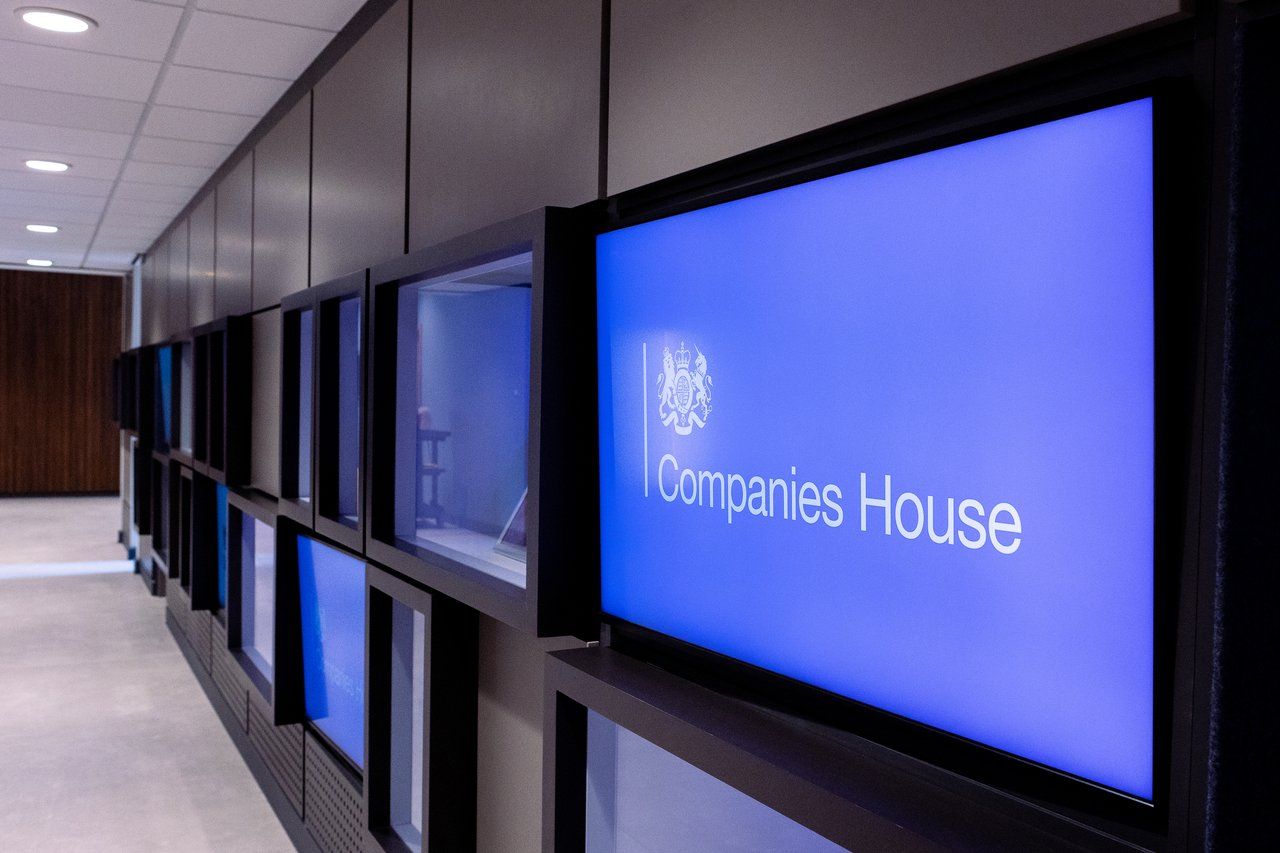Has the pandemic proved a game changer for working women?
Women in Business: can we truly have it all?’, a discussion paper presenting research from 2018-19 carried out by Friend Partnership, was optimistic. The great majority of women surveyed in senior or middle leadership roles or who owned their own business, felt the working environment had improved during their career, with 75% of working mothers in agreement.
Opportunities for women seemed to be opening up. The number of working mothers with dependent children has been going up, the gender pay gap is moving in the right direction, even if too slowly for many of us. Yes there were still hurdles. According to research from University College London, women were doing more housework than men in 93% of households, the number of women in politics was still small, but those with a visible media presence was increasing. The Friend Partnership research showed a mixed picture which indicated problems with flexible working in small and medium size businesses, but few would argue that it was stagnating or that things were worse than fifty years ago.
Then Covid-19 hit…
Figures starting to come out are alarming. It appears that women are losing their jobs at a greater rate than men. A report from the Institute of Fiscal Studies suggests that British mothers are 23% more likely than fathers to have temporarily or permanently become unemployed because of the pandemic. Other surveys are showing similar figures. A recent United Nations study warned that the pandemic could dilute decades of advancement on gender equality.
In terms of child care there is further apparent regression. Research from the universities of Oxford, Cambridge and Zurich during last Spring showed that working women in the UK, Germany and the US did more childcare and home-schooling across all wage brackets, compared to men with similar earnings. The difference was amplified in couples where the man worked outside the household during the pandemic. As schools closed, summer holiday camps cancelled and childminders could no longer take in children, the ability of many dual earning couples to both work has dissolved. It appears to be mothers who are bearing the brunt of this. A Deloitte survey shows that prior to the pandemic, 16% of respondents with caregiving duties said 75% or more of childcare or care for other family members fell on them. That figure has grown to a staggering 48% during the pandemic. There are shades here of what happened to women’s employment after the First and Second World Wars.
But perhaps it is not all bleak. Some Canadian research has found that, although most families reported little change in how housework is divided, a substantial number said that things had become more equally split. More than 40% of fathers said they were cooking more, while 30% reported that they had increased the amount of time they spent on household chores. Their partners agreed, although on average they gave lower estimates of how much things had improved! More that two-thirds of men are wanting to keep working from home, with increased family time cited as their top reason.
Pre-pandemic, as the Friend Partnership research highlighted, flexibility and remote working opportunities were not universally endorsed by business owners. The pandemic has forced the issue and it may be that businesses are seeing that it can have benefits to them. If so, it could be a game changer for women.
But not while the pandemic is still raging and schools are closed! Home schooling and broader educational responsibilities are hitting women hard, whatever the age of the children. Schools have done what they can, but with all the best will in the world, children need motivating, guiding, supervising to complete much of the work schools are so diligently setting. This is simply not compatible with remote working. I have lost count of the number of Zoom meetings in which I have participated where a little person has burst through the door demanding a mother’s attention.
Where will it all go? It is still far too early to tell. Some of the indicators do not look good for women in the workplace but it may be that businesses can harness lessons from Covid-19 to improve working environments in ways that will boost gender equality.
Sarah Evans
Sarah Evans is a guest author for Friend Partnership and writes on their behalf about issues of topical interest and general business commentary. Sarah is a former Principal of King Edward VI High School for Girls.
Sarah has in the past worked with Friend Partnership on a unique piece of research into the challenges faced by women in the workplace. Click here to view the report. They also worked together on an initiative about teachers returning to the profession.
Friend Partnership is a forward-thinking firm of accountants, business advisers, and corporate finance and tax specialists. Based in Birmingham, we act for entrepreneurial businesses and successful individuals on a national and international basis.
(Photo: Sarah Evans with Denise Friend of Friend Partnership at the launch of the Women in Business report).

The year’s best staged production? Critical Acclaim for Melting Pot Productions’ Paranormal Activity

Friend Partnership is a forward-thinking firm of Chartered Accountants, Business Advisers, Corporate Finance and Tax Specialists, based In The UK
Share this page:




